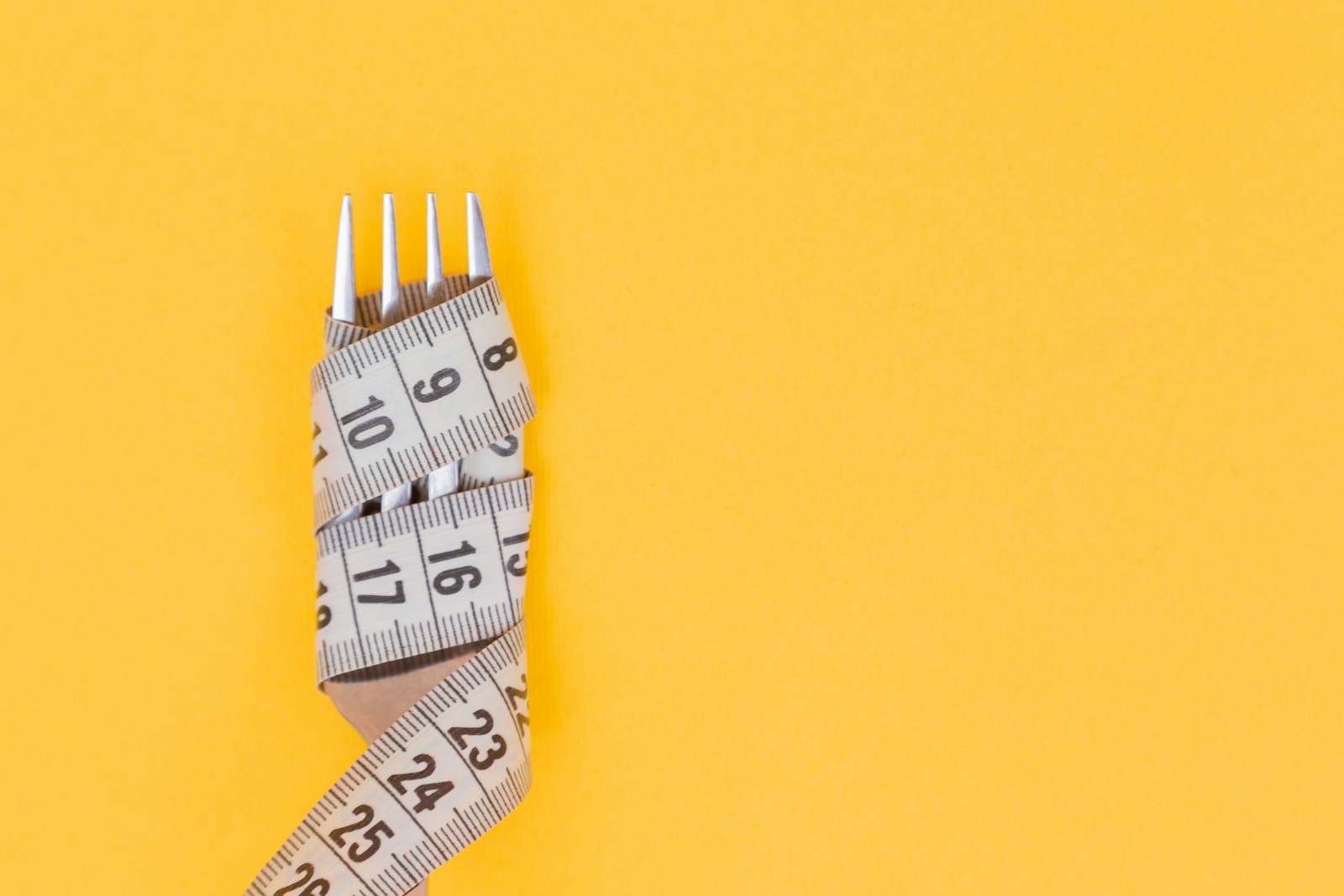Vegetarian diets have gained popularity not only for ethical and environmental reasons but also for their potential health benefits, including weight loss. This article explores how a well-planned vegetarian diet can aid in weight loss, providing strategies, food choices, and practical tips for those looking to shed pounds while adhering to a meat-free lifestyle.
Understanding Vegetarian Diets and Weight Loss
A vegetarian diet excludes meat and fish but may include other animal products like dairy and eggs, depending on the specific type of vegetarianism practiced. When it comes to weight loss, vegetarian diets can be effective due to their typically lower calorie density and higher fiber content compared to omnivorous diets.
The key to losing weight on a vegetarian diet lies in creating a calorie deficit while ensuring adequate nutrition. This means consuming fewer calories than your body burns while still providing all the necessary nutrients for optimal health.
Benefits of a Vegetarian Diet for Weight Loss
Vegetarian diets offer several advantages that can contribute to weight loss:
Higher fiber intake: Plant-based foods are generally rich in fiber, which promotes feelings of fullness and can reduce overall calorie consumption.
Lower calorie density: Many vegetarian staples, such as fruits, vegetables, and legumes, are naturally low in calories but high in volume, allowing you to eat larger portions while still maintaining a calorie deficit.
Reduced saturated fat intake: By eliminating meat, especially red and processed meats, vegetarian diets tend to be lower in saturated fats, which can contribute to weight gain and other health issues.
Increased intake of nutrient-dense foods: A well-planned vegetarian diet emphasizes whole grains, fruits, vegetables, legumes, nuts, and seeds, all of which are rich in vitamins, minerals, and antioxidants.
Key Vegetarian Foods for Weight Loss
Incorporating the following foods into your vegetarian diet can support your weight loss efforts:
Leafy greens: Spinach, kale, collard greens, and Swiss chard are extremely low in calories but high in nutrients and fiber.
Cruciferous vegetables: Broccoli, cauliflower, Brussels sprouts, and cabbage are filling, nutrient-dense options.
Legumes: Beans, lentils, and chickpeas provide protein and fiber, helping to keep you satiated.
Whole grains: Quinoa, brown rice, oats, and barley offer complex carbohydrates and additional fiber.
Berries: Strawberries, blueberries, and raspberries are low in calories but high in antioxidants and fiber.
Greek yogurt: For lacto-vegetarians, Greek yogurt is an excellent source of protein and can help with feelings of fullness.
Nuts and seeds: While calorie-dense, nuts and seeds provide healthy fats, protein, and fiber when consumed in moderation.
Tofu and tempeh: These soy-based products are versatile protein sources that can replace meat in many dishes.
Strategies for Successful Weight Loss on a Vegetarian Diet
To maximize your weight loss efforts while following a vegetarian diet, consider these strategies:
Monitor portion sizes: Even healthy foods can contribute to weight gain if consumed in excess. Use measuring tools or visual cues to control portions.
Focus on whole foods: Prioritize unprocessed or minimally processed plant-based foods over refined and packaged vegetarian products.
Balance your plate: Aim for a mix of vegetables, whole grains, lean proteins, and healthy fats at each meal.
Stay hydrated: Drink plenty of water throughout the day to support metabolism and reduce the likelihood of mistaking thirst for hunger.
Plan your meals: Meal planning can help ensure you have nutritious options readily available, reducing the temptation to reach for less healthy choices.
Incorporate protein at every meal: Include plant-based protein sources to maintain muscle mass and promote satiety.
Be mindful of high-calorie vegetarian foods: Foods like nuts, avocados, and oils are healthy but calorie-dense. Consume them in moderation.
Common Pitfalls to Avoid
While a vegetarian diet can be conducive to weight loss, there are some common mistakes to avoid:
Relying too heavily on processed vegetarian foods: Veggie burgers, meat substitutes, and other packaged vegetarian products can be high in calories, sodium, and additives.
Overcompensating with carbohydrates: Without proper planning, vegetarians may consume excessive amounts of bread, pasta, and other refined carbs.
Neglecting protein: Insufficient protein intake can lead to muscle loss and decreased satiety.
Consuming too many calorie-dense foods: Even healthy foods like nuts, seeds, and avocados should be portioned carefully due to their high calorie content.
Not paying attention to hidden calories: Be aware of added sugars, oils, and high-calorie dressings that can sabotage weight loss efforts.
Sample Meal Plan for Weight Loss
Here’s a sample day of meals that demonstrates how to structure a vegetarian diet for weight loss:
Breakfast: Overnight oats made with Greek yogurt, chia seeds, and mixed berries.
Snack: Carrot sticks with hummus.
Lunch: Large salad with mixed greens, chickpeas, quinoa, cherry tomatoes, cucumber, and a light vinaigrette dressing.
Snack: Apple slices with a small portion of almond butter.
Dinner: Stir-fried tofu with mixed vegetables and brown rice.
Exercise and Lifestyle Factors
While diet plays a crucial role in weight loss, incorporating regular physical activity and adopting healthy lifestyle habits can enhance your results:
Engage in regular exercise: Aim for at least 150 minutes of moderate-intensity aerobic activity or 75 minutes of vigorous-intensity activity per week, along with strength training exercises.
Get adequate sleep: Aim for 7-9 hours of quality sleep per night, as poor sleep can negatively impact weight loss efforts.
Manage stress: Chronic stress can hinder weight loss. Practice stress-reduction techniques such as meditation, yoga, or deep breathing exercises.
Stay consistent: Remember that sustainable weight loss takes time. Stick to your healthy habits even when progress seems slow.
Nutritional Considerations
While following a vegetarian diet for weight loss, it’s important to ensure you’re meeting all your nutritional needs. Pay special attention to these nutrients:
Vitamin B12: Found primarily in animal products, B12 may need to be supplemented in a vegetarian diet.
Iron: Plant-based iron sources are less easily absorbed than animal-based sources. Pair iron-rich foods with vitamin C to enhance absorption.
Zinc: Include zinc-rich foods like whole grains, legumes, and nuts in your diet.
Omega-3 fatty acids: Consider plant-based sources like flaxseeds, chia seeds, and walnuts, or discuss supplementation with your healthcare provider.
Calcium: If you’re not consuming dairy, ensure you’re getting enough calcium from fortified plant milks, leafy greens, and other plant sources.
A well-planned vegetarian diet can be an effective approach to weight loss, offering numerous health benefits beyond just shedding pounds. By focusing on whole, plant-based foods, controlling portions, and avoiding common pitfalls, you can achieve your weight loss goals while adhering to a vegetarian lifestyle.
Remember that sustainable weight loss is a gradual process. Be patient with yourself and focus on developing long-term healthy eating habits rather than seeking quick fixes. If you have any underlying health conditions or concerns, it’s always wise to consult with a healthcare professional or registered dietitian before making significant changes to your diet.
By embracing a balanced vegetarian diet rich in fruits, vegetables, whole grains, and plant-based proteins, you can not only work towards your weight loss goals but also improve your overall health and well-being. With proper planning and commitment, a vegetarian diet can be a satisfying and effective way to achieve and maintain a healthy weight.





